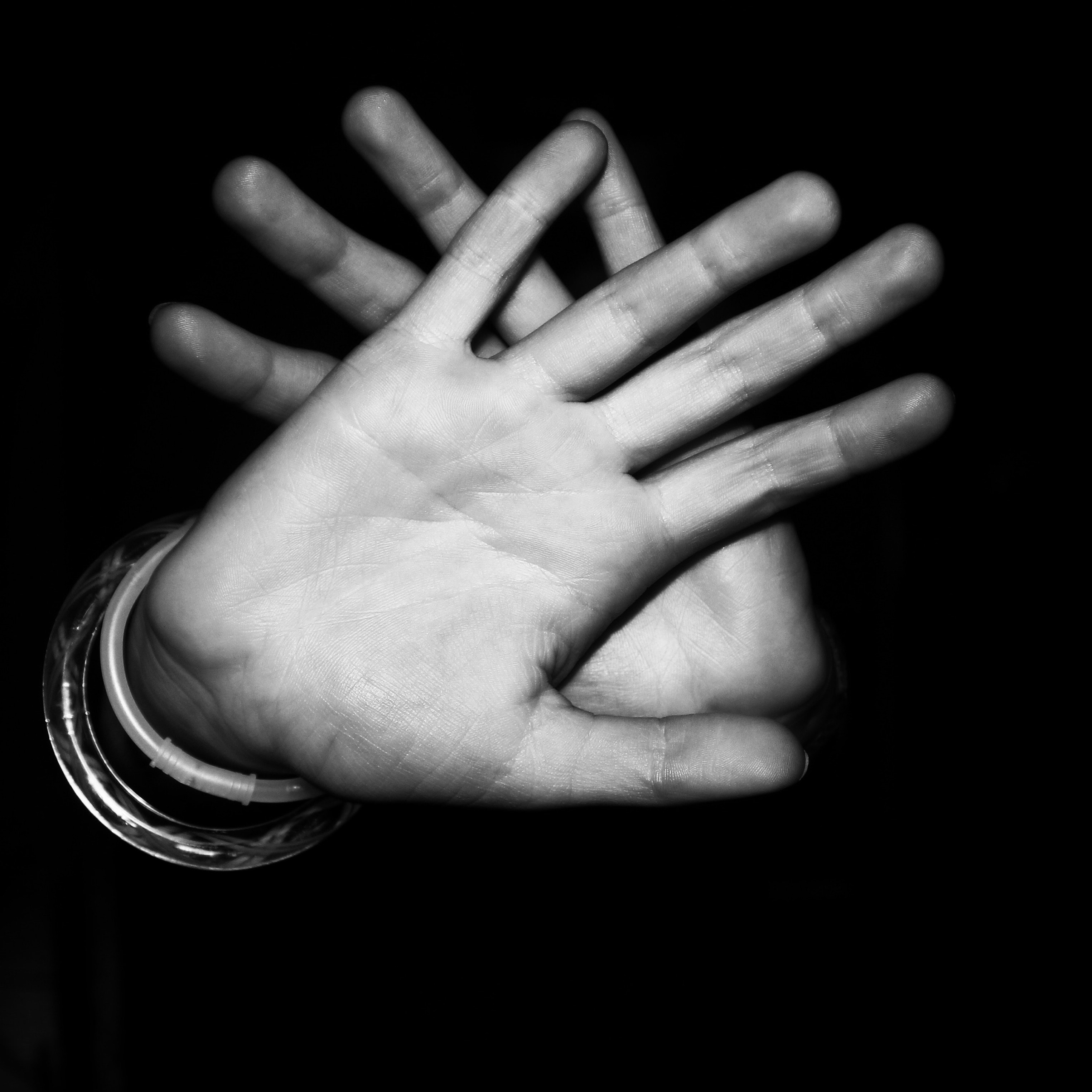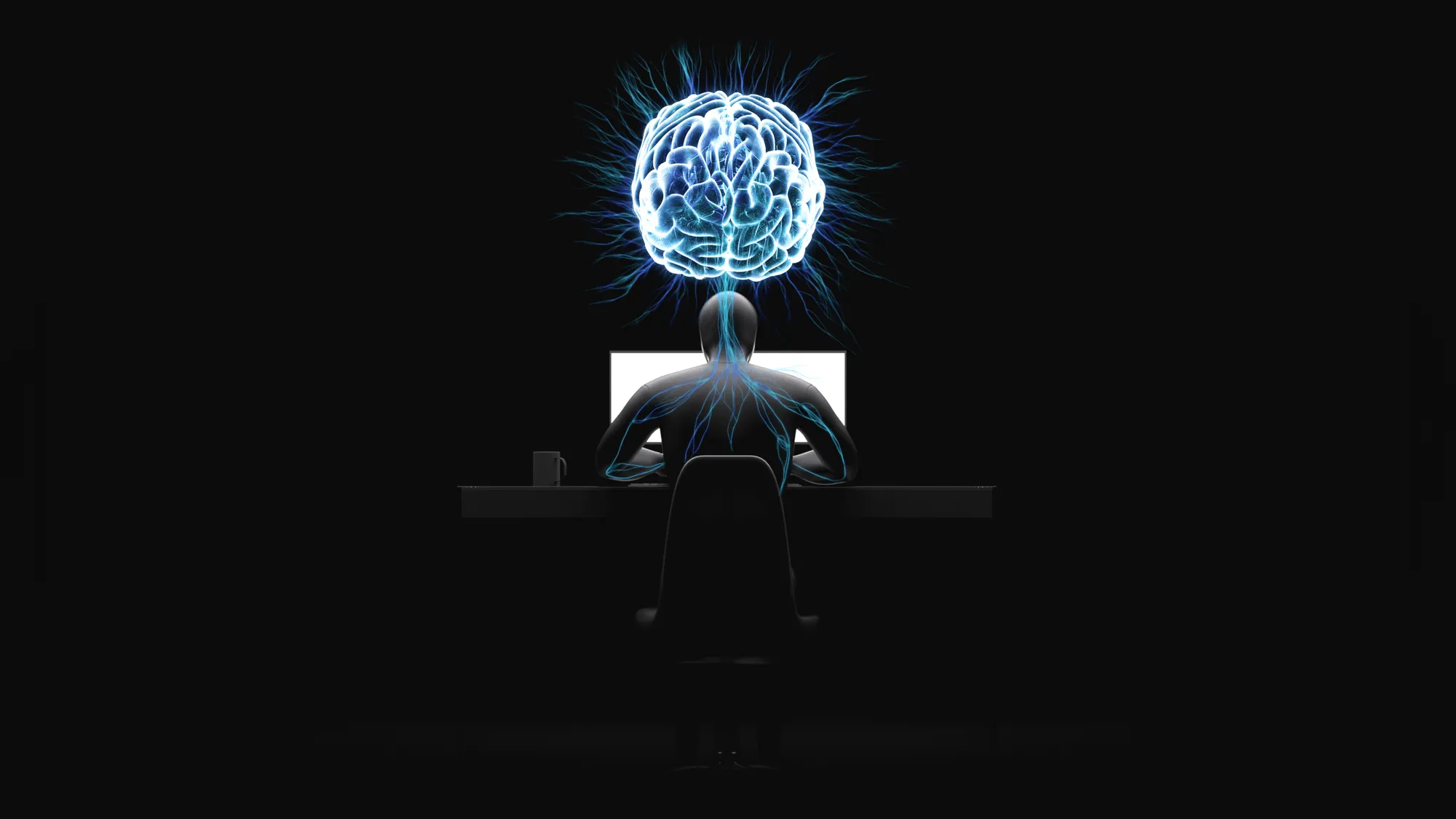
The power of NO
- How many times did you say No – today, yesterday, this month?
Not nearly enough, I am afraid.
Our culture makes it damn hard to say No, to something or someone.
The naysayers are considered grumpy, against progress, traditional.
But what if "Yes" has a darker side?
What if Yes prevents you from entering flow and realizing your full potential?
What if Yes brought upon us, some of mankind’s greatest calamities?
Well, here is a guest article from Sarah Sarkis, one of our FRC advisors. Read on below!
"Yes", sounds nice. It moves things along. It collaborates. It pleases. Yes, is a smile and a wink.
But "No" is bold. It’s decisive. No takes on the status quo. It’s a full stop. The buck stops here.
No, carries burdens and pressures that Yes couldn’t comprehend because it’s so damn likable. No is hard to say, it’s hard to hear and for some of us, it’s hard to honor.
Turns out, developmentally, No has to pass through two gates — first, we learn to say No to others. Then we internalize that ability to regulate the self.
This two-pronged developmental approach has proven to be cumbersome, prone to glitches and easily injured.
How you learned to say No to others, how it was received and how you say No to yourself are at the epicenter of much of what I see coming in and out of my office.
The absence of No, when it’s most needed, lies at the root of so many of the epidemics currently unfolding in our society.
Let’s take, for example, the Me-too movement. This is just one of many topics we could tackle using this lens (catholic church scandal, the economic crisis of 2008, etc).
Think for a moment about the decades when sexual harassment was the silent norm. Imagine the number of people who suffered from this collective commitment to maintaining the silent status quo?
As a shrink, who spent my early years studying sadomasochism in the forensic community, I am not actually shocked that people leveraged this system of complicity to hunt for victims. I wish I was surprised. But I’m not.
The truth is, learning to say No to ourselves has proven to be even harder than saying No to others.
I have seen the perils of this truth many times throughout my career as a psychologist.
What the Me-Too movement revealed was (yet) another example of just what is possible when we fail to say No to ourselves— to our every whim, our impulses, our greed, and our perversions.
As a society, we get these reminders from time to time. Yet, we always appear shocked when the seedy underbelly of our human potential gets exposed.
History has shown us time and again that just because you can, doesn’t mean you should.
That’s an important distinction; one that only No can tango with. Those I am intrigued by are the ones who catalyzed this epidemic; those who stood by silently; who "suspected" but didn’t feel like we could say anything. Yes, and its partners in crime, the silent objector, the disease to please, fear of retaliation, and complacency kept these "industry secrets" rolling along.
Yes and No are always in partnership. You can’t actually have one without the other.
When the collective Yes is to this type of status quo— exploitation, secrecy, and fear— the collective No becomes equally perverted. We end up saying No to safety, No to equality and No to personal accountability.
That’s a big gamble with consequences that far exceed the risk.
At every organization and within every industry indicted in this epidemic, hundreds of people had to, in one way or another, "condone" this culture.
That kind of cognitive dissonance and groupthink are always fed by Yes— Yes to status quo, Yes to silence and secrecy and Yes to turning a blind eye.
Before any of us mount our moral high horse, we have all done this in one way or another, in some part of our lives, at some point. I know the urge, trust me— to just go along, get along— because after all, No is such a lonely place when everyone around you is committed to Yes.
We all uphold these silent Yes’s in ways both, big and small,— and then we are shocked when our institutions, organizations and political affiliations are exposed as complicit in these atrocities.
But history has shown us that it only takes one person— willing to stand up and say, no more, no way, no thank you— to disrupt the status quo. Many of the pivotal points in our shared history stand on the shoulder of this two-letter word— No.
Imagine for, a moment, how different history would be without Rosa Parks.
That’s the power of No.
Now, you can see why the contrarian holds a special and important role in every group, family and organization. They are designed to disrupt.
No can be a pain-in-the-ass. It’s hard to work with. It stands alone, defiant of the urge to "fit in" and "get along." The contrarian also protects us from the dire consequences of groupthink, confirmation bias and other power dynamics that lead to corruption and collusion.
A well-placed No has the ability to change the tides of time in ways that Yes could never dream. According to Dr. Adam Grant in his groundbreaking and provocative book, Give and Take, "the ability to say No is one of the most important skills one can have."
And yet, most of the folklore and legend around No is associated with negative and difficult personalities; the rogue objector who thwarts progress and sours the collective morale.
As a culture, we have managed to marginalize "No" to the point that there is a name for it when it starts to emerge in our kids— The Terrible Twos. This refers to the period when the child will master the verbal capacity to say No.
Psychologically and neurobiologically this is an action-packed time, where many developmental intersections merge.
This convergence of developmental achievements makes for an intense period of growth, where the child is learning the core principles related to autonomy, independence and the critical distinction between self and others.
These are not easy tasks. The Terrible Twos reflect this challenge, as the child begins to navigate their environment with a newfound, and yet rudimentary, sense of agency and influence.
And with this capacity, comes power.
No gives us the capacity to walk away, to negotiate and to reinforce boundaries.
Many of your deepest patterns of self-regulation and sabotage orbit around this very intersection. The psychological components of your power struggles, your disease to please, your pathological accommodation, co-dependency and addictive processes (to name only a few) spring from this developmental soil.
And why is this so important in the game of excellence, growth, and self-awareness?
Turns out, No cultivates clarity too. It operates as a steer and a guide.
No allows us to self-regulate in ways that we can maximize time management, optimize our schedule and focus deeply on important tasks. These are the critical micro-steps you take in order to make yourself a priority.
No sets boundaries. It draws a perimeter through which we will not pass.
Imagine a world without those boundaries?
Finally, your ability to say No— to others and to yourself— is critical in your quest to bring more flow into your life.
This is the psychological landscape where people sabotage their capacity to harness the benefits of flow.
This is the type of psychological work that must be done to achieve the big dreams and high hard goals you have for yourself.
I have said it before. This type of psychological work is not for the faint of heart. Enter at your own risk.
P.S. If you want to learn how to reduce stress, overwhelm and anxiety and improve performance by spending more time in flow, Click here to apply for Zero to Dangerous now.








